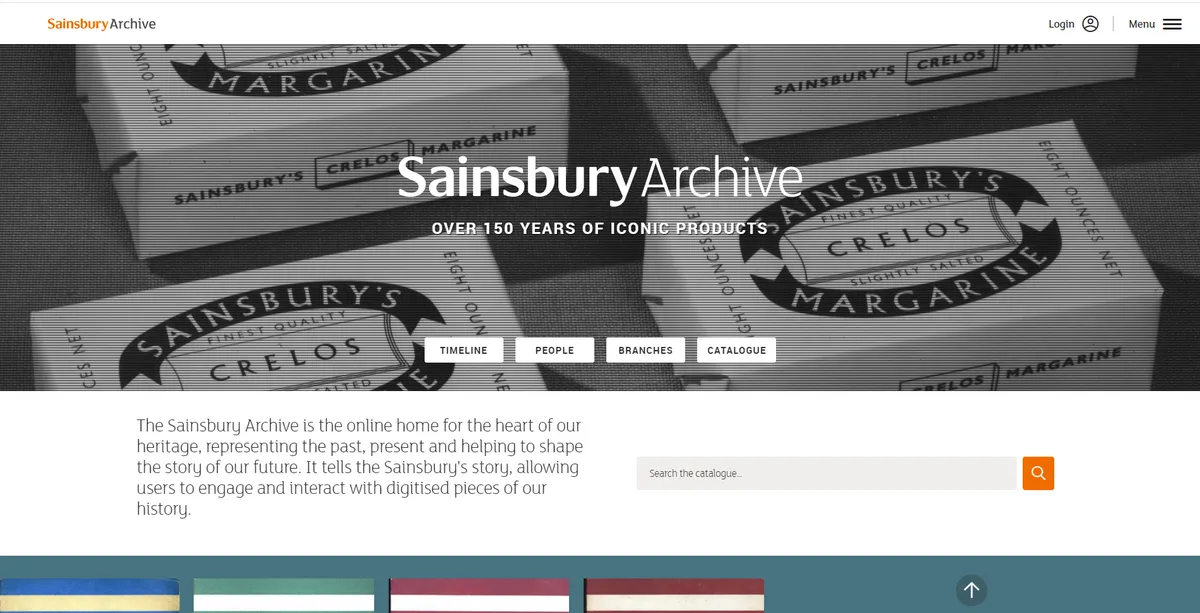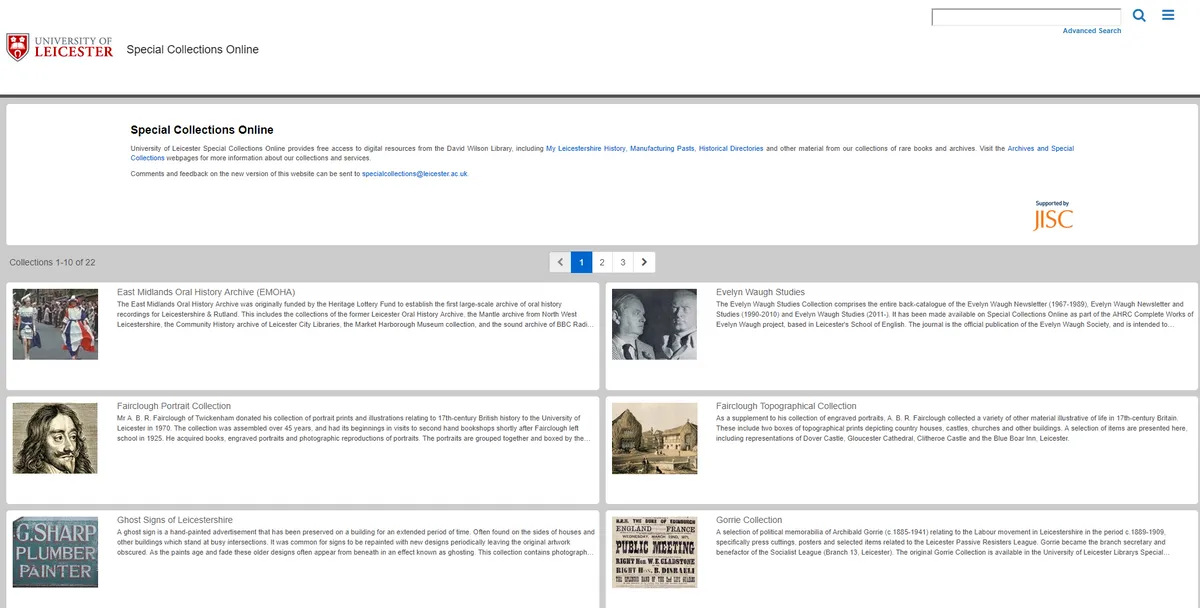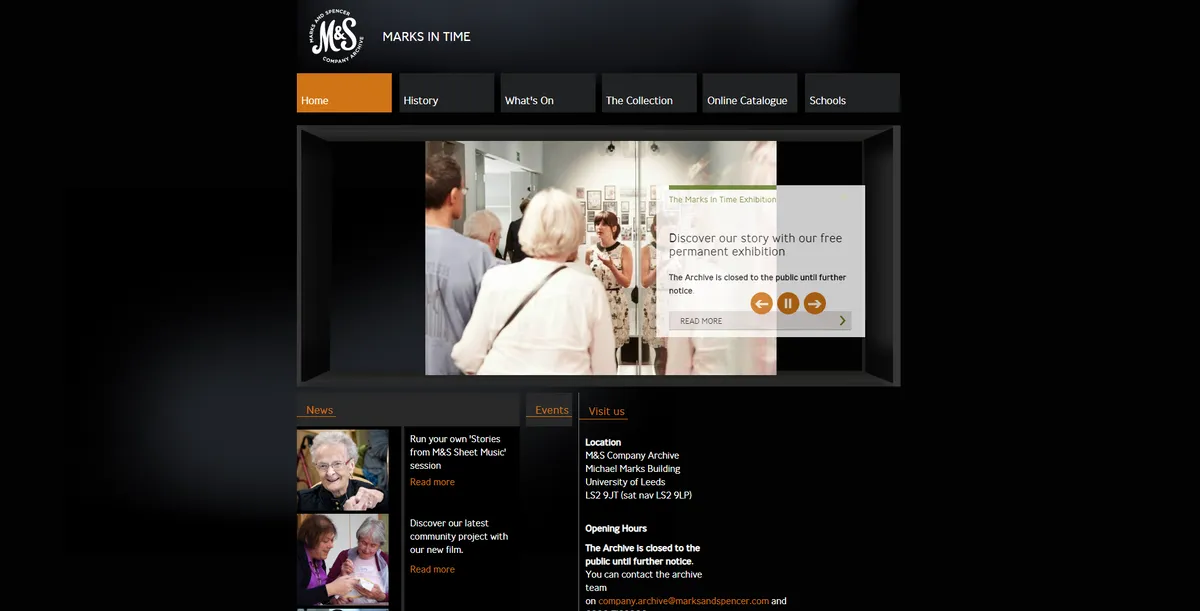A closed-down shop on the high street is a gloomy sight. However, the pasted-over windows, piles of unopened mail and yellowing farewell notes to customers only tell the final chapter of the story – just as an ancestor’s gravestone in a cemetery only marks an ending.
The whole point of family history is finding out what happened between the dates of birth and death. Researching your ancestor’s shop often draws on the same resources: census returns, trade directories, wills and criminal records.
For smaller shops, it’s important to know the name of the business so you can trawl local record office holdings or The National Archives’ (TNA’s) Discovery catalogue. Try searching quarter sessions records for notices of insolvent debtors, agreements, plus tax records, probate material or insurance registers.
The London Metropolitan Archives, for example, has the records of Sun Fire Office, which lists countless small businesses and shopkeepers, whose livelihoods were insured.

Sainsbury’s – which began life as a modest family-owned concern selling butter, milk and eggs on London’s Drury Lane – launched this revamped website to mark its 150th anniversary in 2019. More content is being added all the time, with a final target of 90,000 uploaded images.
You can already explore digitised copies of the in-house staff magazine, which includes details of life events, staff outings and sporting occasions, obituaries, tales of awards and long-service milestones. The website includes an interactive UK map on which you can pinpoint individual branches through time. You can also find out more about the Sainsbury Study Centre, located at the Museum of London, Docklands.
2. Historical Directories

Trade directories are useful for researching shopkeepers. Many a shop started out as a family-run front-room enterprise, or a market stall. Delving into directories, you may find no more than a single-line entry, confirming name and address, but you might also discover printed advertisements showing products for sale, prices, events and more.
This free resource from the University of Leicester’s Special Collections Online boasts hundreds of directories from across England and Wales.
The content is also available via Ancestry’s collection ‘UK, City and County Directories (1766–1946)’, which is easier to search by name, place, occupation or keyword.
3. The Gazette

The official public record comes in handy for retail research in a number of ways. Search through lists of Royal Warrant holders, for example, as these included shopkeepers who supplied goods to the royal household. The annual lists were published in the London Gazette from 1900 onwards, and would have been a source of great pride to the warrant holder.
You can also search for lists of declared bankruptcies. A simple keyword search by ‘shopkeeper’ turns up thousands of entries relating to grocers, provision dealers, fruiterers and general shopkeepers, often having been declared insolvent debtors in county courts.
4. Marks In Time

The M&S Company Archive boasts more than 71,000 items stretching back to its origins as a penny bazaar in the 1880s. These include all sorts of letters, speeches, employee magazines, annual reports and advertising leaflets, packaging and merchandise, plus photographs and film/oral history recordings.
The website details the scope of the collection and includes an online catalogue, plus there is information about how you can access the collections via the Reading Room at the Michael Marks Building, University of Leeds.
Start by exploring the ‘People’ and ‘Memories’ sections, where users can browse or upload their own reminiscences.
5. Dictionary of Traded Goods and Commodities
This is a free dictionary of nearly 4,000 terms relating to trade and retail, drawn from a variety of sources and made available via British History Online. The result of a project led by the University of Wolverhampton, it’s your guide to the many archaic terms, products and traded goods you are likely to come across while investigating your retail roots. ‘Allibally’, for example, was a kind of fine muslin textile from India, while a ‘sparver’ was a canopy for a bed or cradle.
6. Expert's choice: John Lewis Memory Store
Chosen by Audrey Collins, The National Archives' records specialist for family history:
"The John Lewis Memory Store website should appeal to anyone who has an interest in retail history.
"The John Lewis Partnership is famous for its department stores and Waitrose supermarkets, which have a related Waitrose Memory Store site. All of the employees of the partnership have a share in the group’s profits and are known as partners.
"The site includes the history of the department stores, from the foundation of the first John Lewis store in Oxford Street in 1864, to its acquisition of numerous established businesses – some much older than John Lewis itself. Initially, these carried on trading under their existing names, but today the only department store retaining its original name is Peter Jones in Sloane Square, where the partnership idea began.
"There are photographs, illustrations, extracts from official documents, advertisements and staff magazines. They provide a fascinating insight into life behind the counter over the past 150 years and more.
"There is an added dimension, which justifies the ‘Memory Store’ name: people are encouraged to contribute pictures, memories and anecdotes from their working lives, and information about the stores and their histories. Recent times are very easy to overlook and take for granted, and this is a way to help create a truly living history."
Go further
7. Black Country Living Museum
This immersive, award-winning museum has recreations of period shops including bakers, pawnbrokers and ironmongers.
If you come across any prices in your ancestor’s business, this handy tool can help you calculate the equivalent value in today’s money.
Find out more information about the history of British retail with the blog of this month’s expert, TNA’s Audrey Collins.
Here you can read all about the small drapery shop in Glasgow that grew into the House of Fraser department store.
11. London Lives
Visit this London website to search through a free database of Fire Insurance Policy Registers (1777–1786) held at the London Metropolitan Archives.
12. The National Co-Operative Archive
Manchester’s National Co-operative Archive documents the origins and growth of the co-operative movement. You should also visit the Rochdale Pioneers Museum.
This free resource offers access to historic trade directories covering Belfast and Northern Ireland.
Explore the history of this former high-street stalwart, from its origins as a five-cent store in Lancaster, Pennsylvania, USA.

